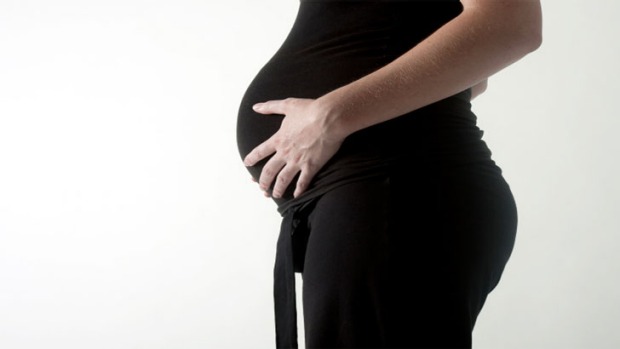
What is it?
Thrush is a fungal infection that can develop in warm, moist areas of the body, such as the mouth or vagina, when there is an imbalance of candida (yeast) and good bacteria. Candida is always present in the body but is usually regulated by the presence of good bacteria. However the numbers of good bacteria can decrease because of:
- Dietary changes or nutritional deficiencies
- Some illnesses and health conditions such as diabetes
- Taking medications such as antibiotics or oral contraception
- Stress
- Pregnancy
In the case of pregnancy, thrush is usually caused by the overproduction of a sugar (glucose) called glycogen which leads to the vagina becoming more alkaline than acidic, an environment in which bad bacteria and yeast thrive. Additionally the extra amount of vaginal discharge during pregnancy makes the vagina even moister, enabling thrush to set in more easily, particularly if a woman has experienced thrush prior to pregnancy or in a previous pregnancy.
What are the symptoms?
- Discharge that is thicker and heavier than normal
- Vaginal itching and redness
- A rash outside and around the vagina
- Discomfort and/or pain during sex
- Discomfort and/or pain when passing urine
- An unpleasant odour
- White patches on the skin of the vagina
How is it diagnosed?
Thrush can be confirmed by a doctor after a vaginal examination and sending out a swab sample taken from inside the vagina, or a sample of vaginal discharge, for testing.
Other conditions such as cystitis, bacterial vaginosis and certain STD’s such as gonorrhoea and herpes can mimic some of the symptoms of thrush. Test results will confirm which condition it is, and treatment will be based on the diagnosis.
Bacterial vaginosis infections can lead to premature labour, so treatment will need to be sought quickly to prevent this from happening. One way to distinguish bacterial vaginosis from thrush is that there is often a strong fishy smell in the case of bacterial vaginosis.
What's the treatment?
Thrush is usually treated using antifungal creams, or oral medications, but during pregnancy oral medications probably won’t be given, as they are more easily absorbed into the blood stream which could cross the placenta to the baby, and the effects of oral thrush medications on a foetus are not yet known.
When creams are used to treat thrush in pregnancy, they are better used without an applicator and instead being inserted by hand, unless a doctor says it is okay.
Taking probiotics can help restore healthy levels of good bacteria but treatment for thrush using one of the above methods deemed safe for pregnancy, should still be used to ensure it goes away.
The vagina will be less hospitable for thrush when women:
- Wear loose-fitting clothing and underwear
- Avoid using douches, bubble bath and swimming in chlorine and heated pools; which can all further upset the pH of the vagina.
Men can also develop thrush after sexual contact with a woman who has it, and may have red skin on the penis, and difficulty or discomfort when urinating. They could also possibly have thrush in the mouth after oral sex. Men will need to be treated in the same way as women in order to prevent the infection being passed back and forth between a couple.
Does it affect the baby?
Thrush cannot affect the baby when it is in utero, but if a pregnant woman still has thrush when they give birth, babies can develop the infection as a result of this. In babies thrush will appear in the mouth, rather on the genitals, with white patches on the cheeks, gums and roof of the mouth, that can spread to the breasts during breastfeeding, because again, lactation provides a warm and most environment for thrush.
Thrush on the breasts may be accompanied by pain and nipple irritation for some women, and can lead to fussiness, breast refusal and nappy rash in infants. Treatment with antifungal gels or drops is required for both mother and baby until the thrush is no longer present. Breastfeeding women should be sure to sterilise all breastfeeding equipment and dummies properly until the thrush has passed.
Facts verified by Dr Andrew Zuschmann. Dr Andrew Zuschmann is a Miranda-based fertility specialist, obstetrician and gynaecologist.